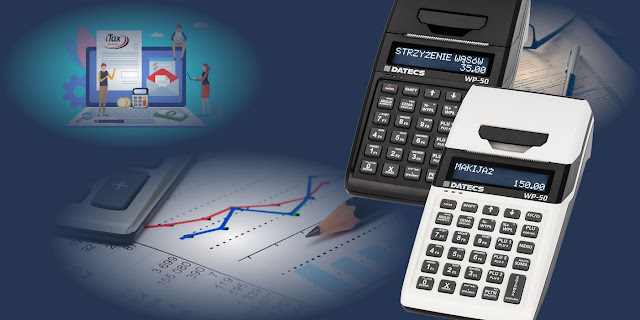TAX INVOICE MANAGEMENT SYSTEM | KEY BENEFITS FOR BUSINESSES
Transition To KRA Tax Invoice Management System (TIMS) | 5 Key Benefits For Businesses
Digital invoice recording is one of the pillars of business digitization. Kenya Revenue Authority (KRA) has shown great interest in regulating tax records kept by individuals, government regulators, and businesses.
Kenya Revenue Authority has introduced new regulations which aim to foster compliance through improved accuracy, improved record management and minimized VAT reconciliation challenges.
A year ago, on 1st August 2021, the Kenya Revenue Authority issued a public notice to roll out the new tax invoice requirements. This public notice further provided a twelve-month window from the rollout date for all the taxpayers to comply. This transition period from the old ETR to the new Tax Invoice Management System (TIMS) closes on 30th November 2022.
The new system will help businesses in the below 5 key ways:
1. Minimizes tax leakage
This new system will help businesses foster compliance and minimize tax leakage. TIMS is integrated with the KRA system to allow efficient transmission of data to KRA in real time and promote confidentiality of business tax records.
2. Improved efficiency and effectiveness
With the adoption of the Tax Invoice Management System (TIMS), business owners can expect great improvement in filing and keeping track of the VAT records. The system has reduced the previous tediousness and straining of manual paperwork system.
The cost of operating and maintaining Tax Invoice Management Systems devices is expected to be correlated with the benefits of these devices and lower than the manual paperwork system.
3. Easier sales auditing
The use of this new Tax Invoice Management System (TIMS) will positively impact the sales and audit sector because everything that is VAT-able is recorded. There is the real-time filling of each VAT transaction by your business, which will lead to an increased sales audit.
The frequency of sales auditing has been reduced to daily or even hourly enabling prompt sales patterns and feedback, and this feedback can be used by the business owners to identify any loopholes in their daily sales.
4. Minimized fraud
This new system directly connects your business to the taxman. The data is transmitted to KRA systems after every transaction. The systems are secure but allows you to retrieve data conveniently even after your TIMS device gets stolen or lost. Transaction data will also be used as proof of your business compliance with KRA’s regulations.
5. Reduces filling cost
This Tax Invoice Management System (TIMS) will help businesses in Kenya reduce recording keeping and filling costs. The system will reduce the overall cost of collection while improving the quality of operations and services. All VAT transaction data is well recorded, stored and can be retrieved anytime by the business to show Tax compliance whenever needed by the Kenya Revenue Authority. Businesses are required by law to transit into the new system and put into place structures which will ensure compliance with Kenya Revenue Authority regulations before 30th November 2022.
Businesses may experience a few challenges before the system becomes fully functional and familiar to them. As a business owner, we are here to supply, support and offer free training to your staff on the use of these new fiscal devices.
To Learn More or order yours today, kindly click HERE or e-mail us at timsetr@gmail.com



Comments
Post a Comment